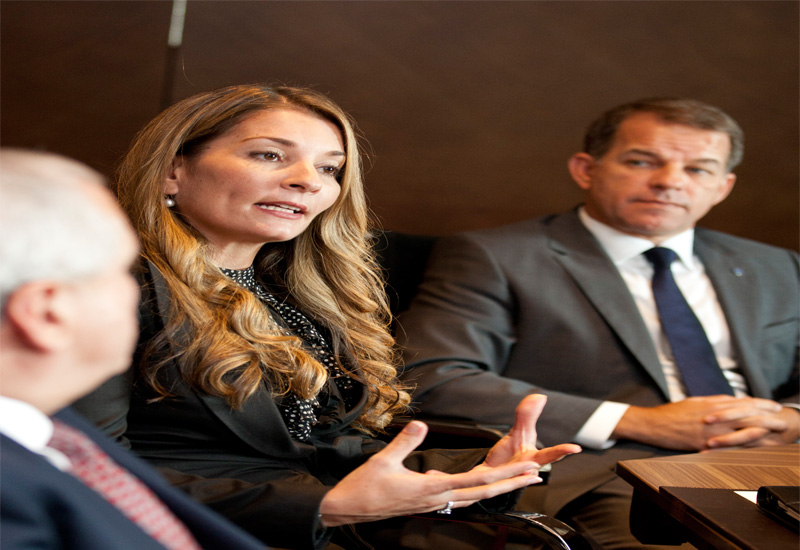Are there regulations imposed in Dubai and Abu Dhabi by the tourism boards?
Thomas: Absolutely, especially Abu Dhabi. Abu Dhabi is stronger than Dubai.
Sherif: We are required to reduce wastage by 20%. There is a point system in place right now to reduce our waste by 20% or else we will have some difficulty with issuing licences etc.
Daniel Mathew: During Ramadan, in Sharjah the municipality was walking around during late evenings checking for food wastage and asking hotels to cut down on the food that is being put on to the buffets to cut down on wastage. They also monitor your waste — you have to segregate it otherwise you get a big fine.

| Advertisement |
Thomas: All Rotana hotels are being fitted out step by step at the moment with LED lights, which has a major impact on electricity consumption.
Peter Kannath: When you look at the hospitality industry, there are three aspects where sustainability is growing. One is the regulatory authorities, the second is the self regulation of the industry and the third is the market. There are lots of travellers around the world who look for greener hotels. There are lots of websites where tourists can book sustainable hotels.
JÖrg: In our hotel, we have a monthly saving of AED 15,000 to AED 20,000 with laundry. We had a saving of over AED 800,000 on utilities and this year it is anticipated to be AED 1.5 million based on the changes and improvements we have made in the hotel. There is no sacrifice to the customer; we are only looking after waste.
We did not cut air conditioning for the customers; if the guest wants to change his towels, the towels are changed. Another example is a project we started last year — we entirely changed our way of using printers. We made stations, we combined departments.
Over the last six months on paper and cartridges alone we have a saving of AED 350,000. Of course, we had to invest AED 650,000 for new printers but in less than two years we have the return on investment.
Simon Roopchand: If you look at your utility bills, 70% of the utility bill is either the cooling or laundry. There are products now on the market that you can take the return from the chilled water at 12 degrees and instead of having an LPG boiler, which could be 15 to 20% of your utility bill, you can actually use the return and use things like high pressure heat pumps to take the water from 15 degrees up to 65 degrees.
So you get significant savings, and we are talking not 6% but 45% on a utility bill, which has no impact whatsoever on the people that you’re actually serving. So the comfort’s exactly the same, it’s just about the design of it.
There are engineering solutions out there now that can give you 40% savings, real solid engineering solutions that are being brought to this region that will have a massive saving on costs.
Article continues on next page ...









 Search our database of more than 2,700 industry companies
Search our database of more than 2,700 industry companies









